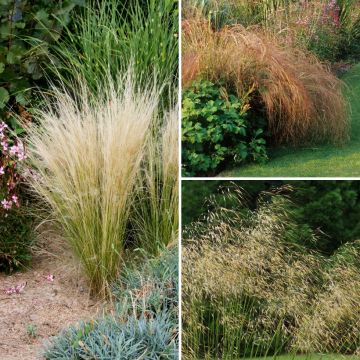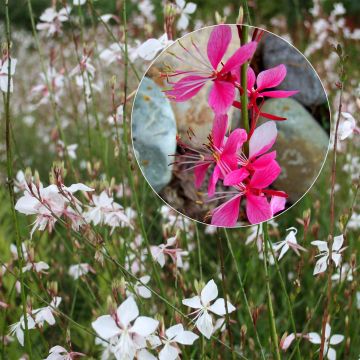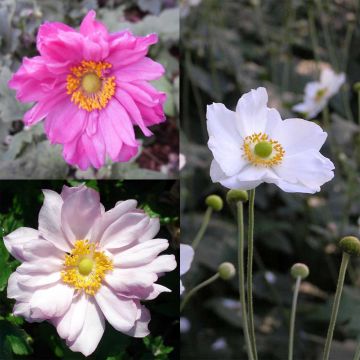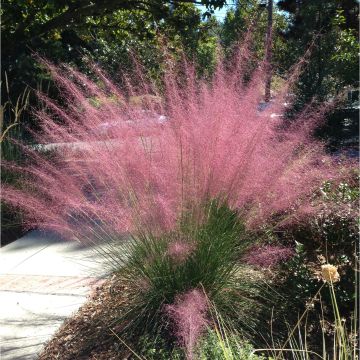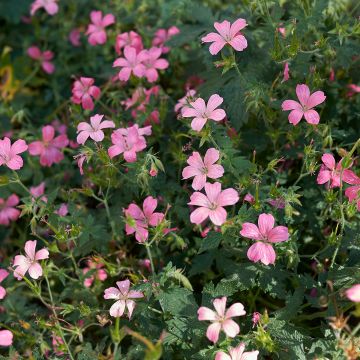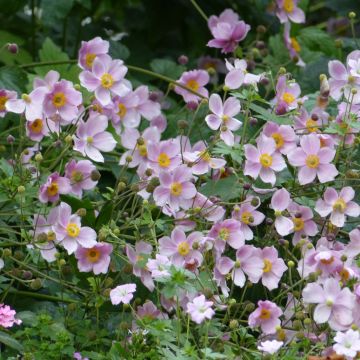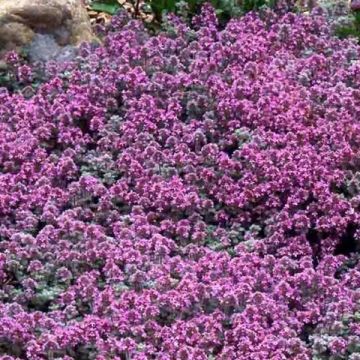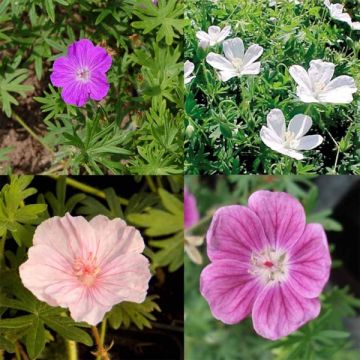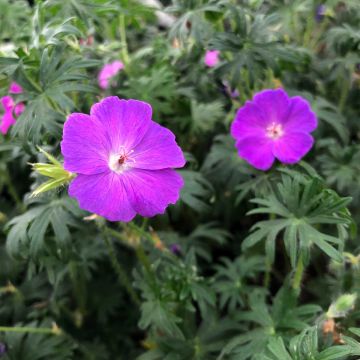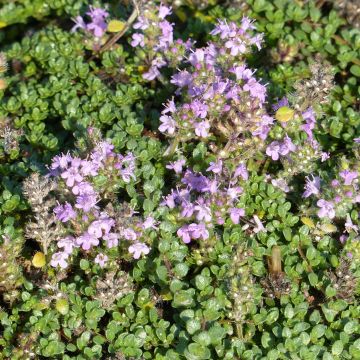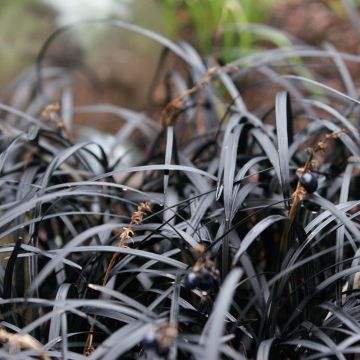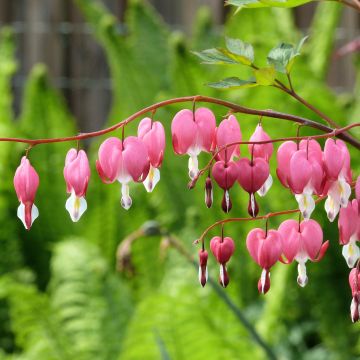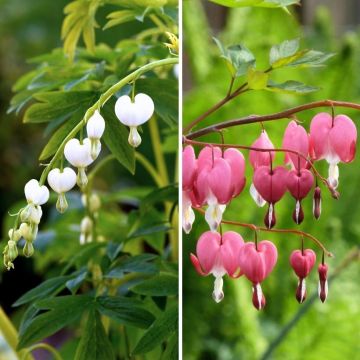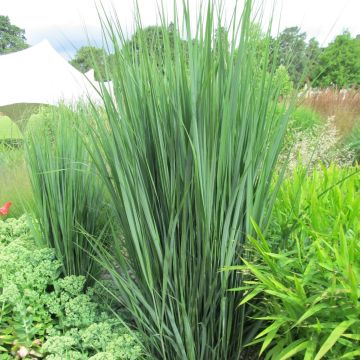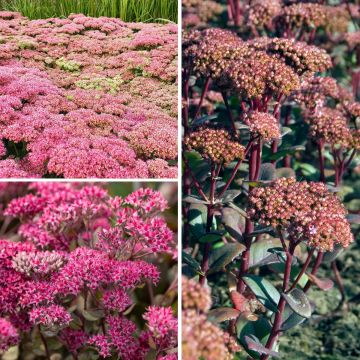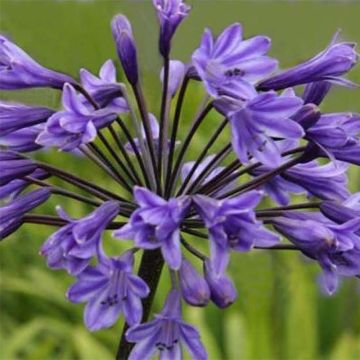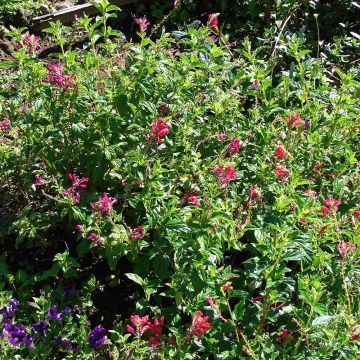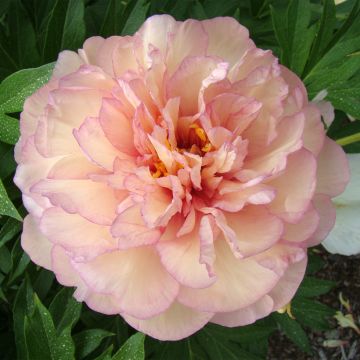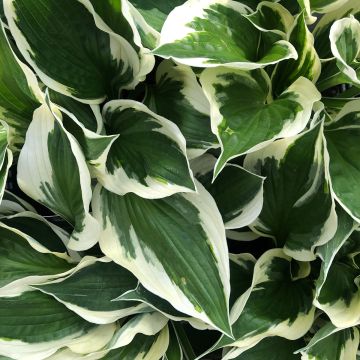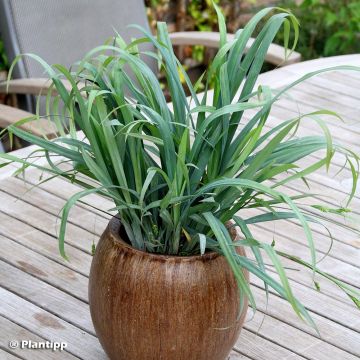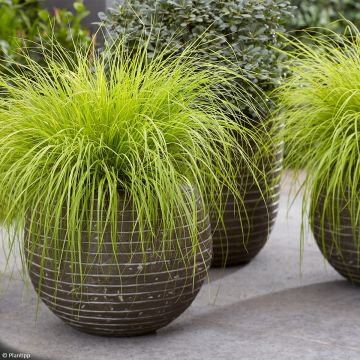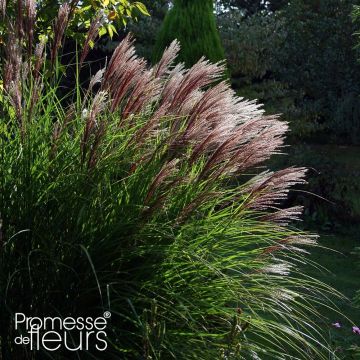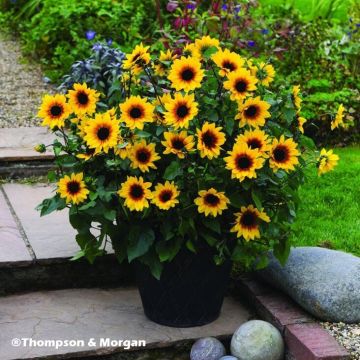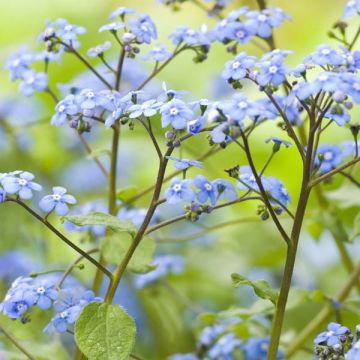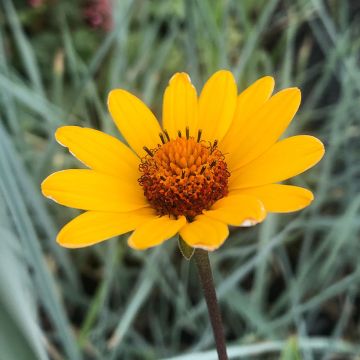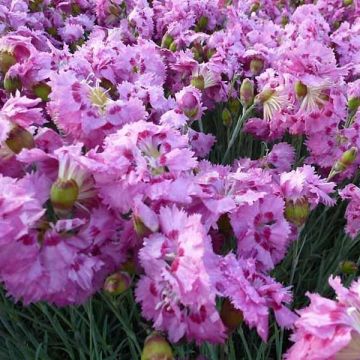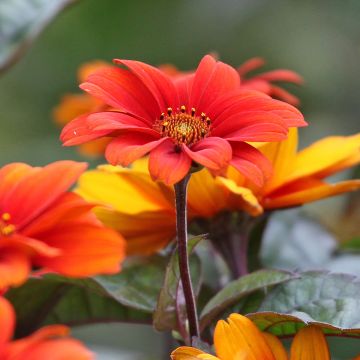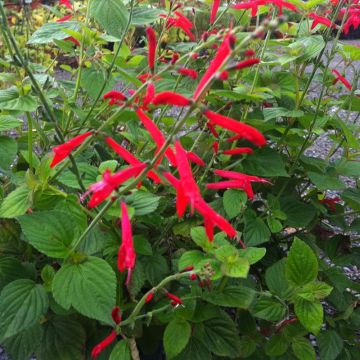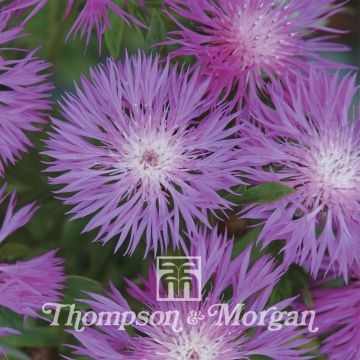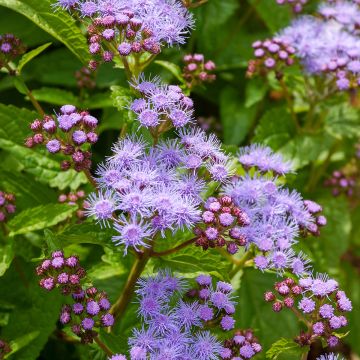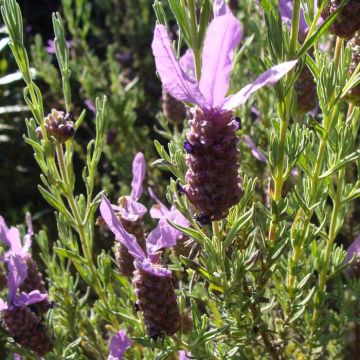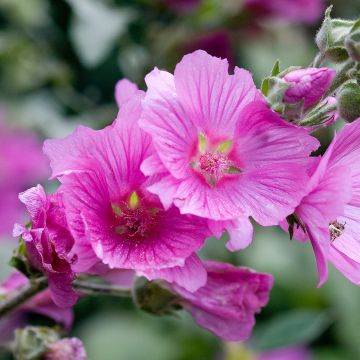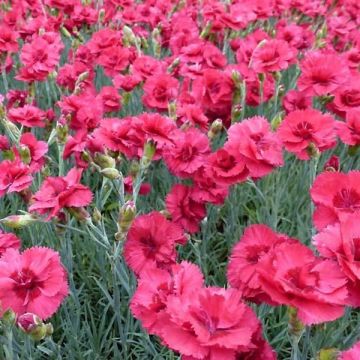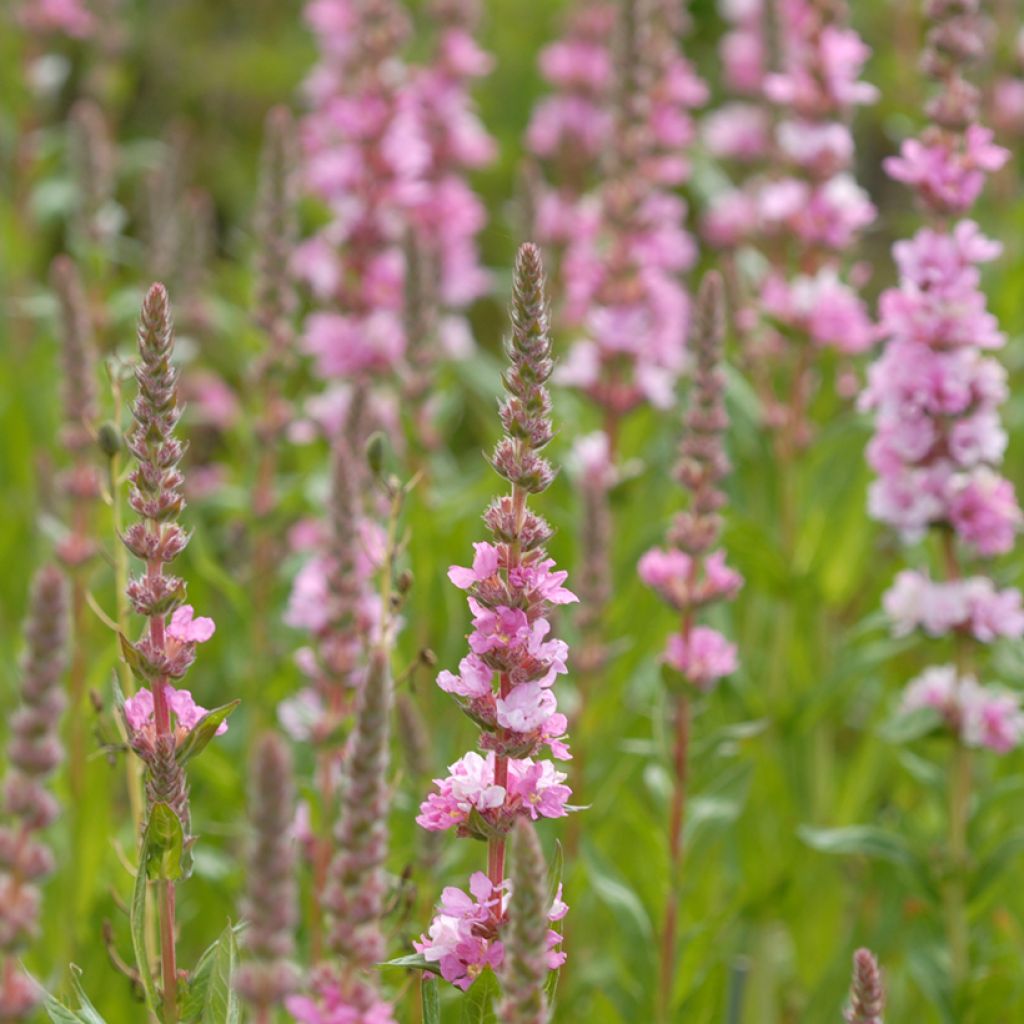

Lythrum salicaria Blush
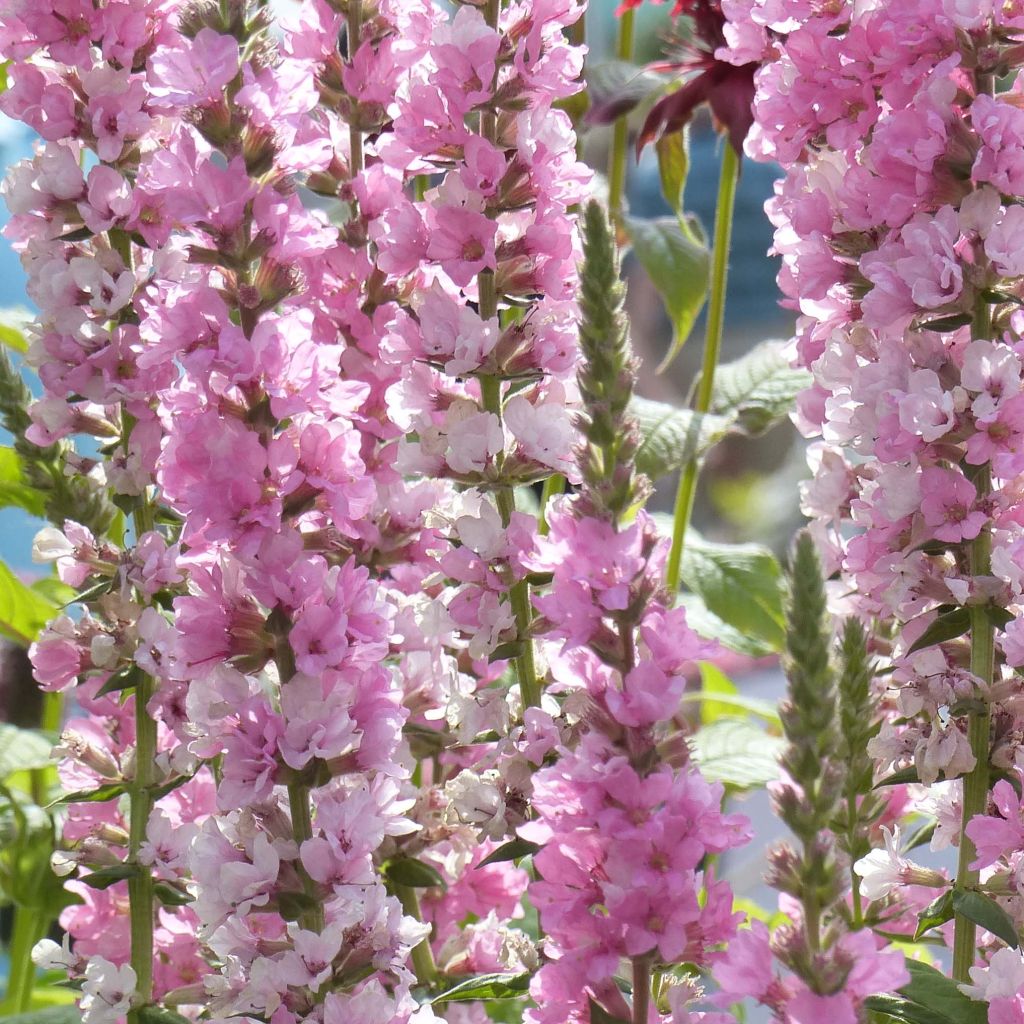

Lythrum salicaria Blush
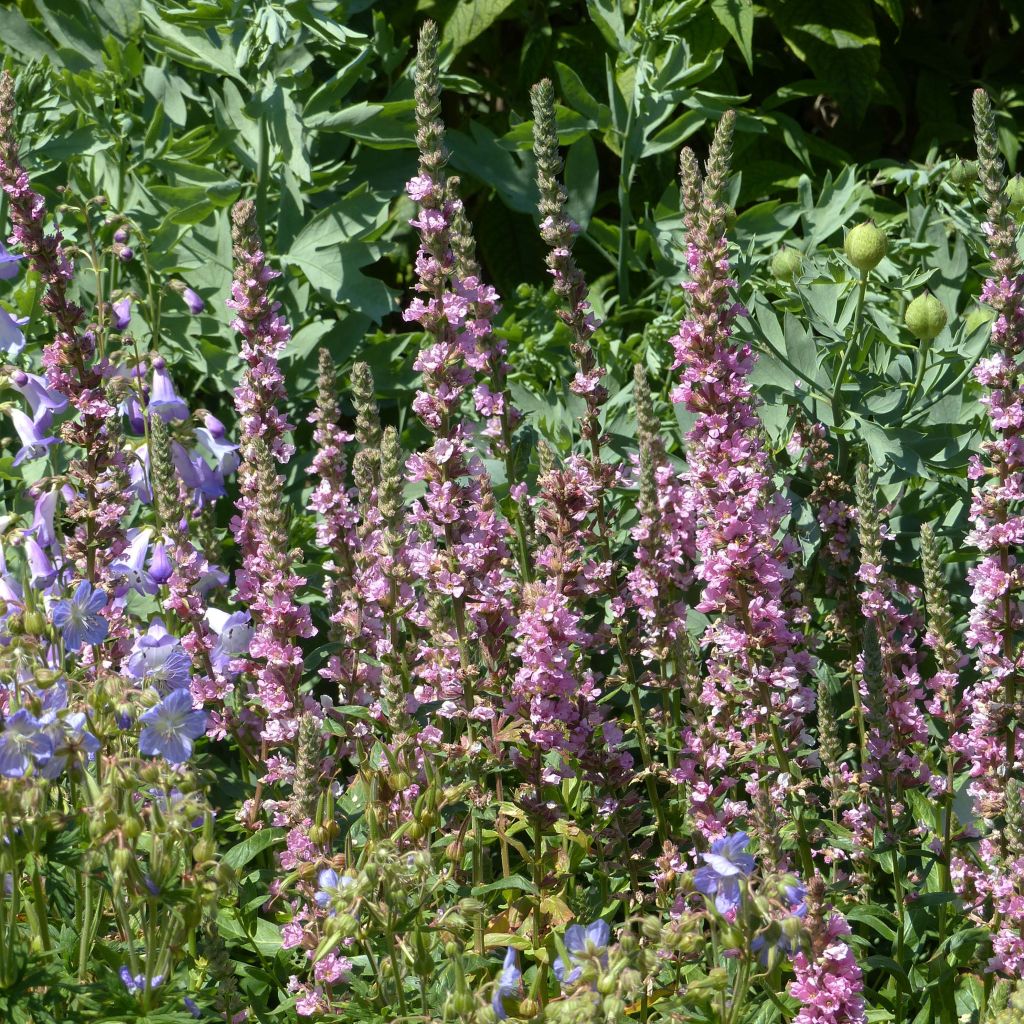

Lythrum salicaria Blush
Lythrum salicaria Blush
Lythrum salicaria Blush
Purple Loosestrife, Black Blood, Long Purples
Why not try an alternative variety in stock?
View all →This plant carries a 12 months recovery warranty
More information
We guarantee the quality of our plants for a full growing cycle, and will replace at our expense any plant that fails to recover under normal climatic and planting conditions.
From €5.90 for pickup delivery and €6.90 for home delivery
Express home delivery from €8.90.

Does this plant fit my garden?
Set up your Plantfit profile →
Description
Lythrum salicaria 'Blush' is an elegant perennial that thrives in moist or marshy soil, bearing long, slender, and graceful spikes of soft pink flowers in summer. It forms beautiful erect clumps, although slightly shorter than those observed in the species. They are composed of woody and sturdy stems with lanceolate bright green leaves resembling those of willows. Hardy, robust, and prolific, it thrives in full sun or partial shade, in ordinary but moist soil, on the banks of water bodies, or with partially submerged roots. This variety is ideal for embellishing the surroundings of small-sized ponds.
Common loosestrife is native to Europe, North Africa, and Northern Asia. It always grows in wet, even waterlogged soil, and frequently spreads in shallow water, at the edge of water bodies. This herbaceous perennial from the Lythraceae family has given rise to a few horticultural forms, including 'Blush', which is shorter and has romantic spikes of a pretty pale-pink shade.
The 'Blush' variety, anchored on a compact and powerful stump with knotty rhizomes, produces hairy, erect, woody, reddish-brown, leafy stems, forming a clump that is at least 90cm (35in) high and 60cm (24in) wide. In July-August, it produces magnificent inflorescences in the form of graceful spikes, 30 to 40cm (12 to 16in) long. They are adorned with small tubular flowers in pastel pink with a red throat. They bloom from the base to the top. The flowering is followed by the formation of capsule-shaped fruits, whose seeds are often dispersed by water. The deciduous leaves are narrow and elongated, resembling those of willows.
Lythrum salicaria 'Blush' is an easy-to-grow perennial, perfect for embellishing the surroundings of water bodies or marshy areas, which it brightens up with its generous summer flowering. It pairs well with a multitude of plants and creates magnificent autumn compositions. Plant it together with eupatoriums, loosestrifes, Filipendula rubra 'Venusta', and Euphorbia palustris, for example. In a wilder style, this robust perennial looks wonderful at the back of a border with grasses: miscanthus, panicum, stipa, for example. It can be grown in borders in rather heavy and constantly moist soil, or in waterlogged containers. Its vertical silhouette forms a beautiful contrast with the majestic fountain-like habit of royal ferns. However, it can sometimes become invasive if the required conditions are met, self-sowing spontaneously in fertile, well-drained, and moist soil.
Common loosestrife was once used as a medicinal and edible plant during times of scarcity. The leaves can be consumed raw or cooked, while the stem and its pulp can be enjoyed after cooking.
Tips:
Cut off faded flowers in early autumn to limit its spread.
Report an error about the product description
Lythrum salicaria Blush in pictures
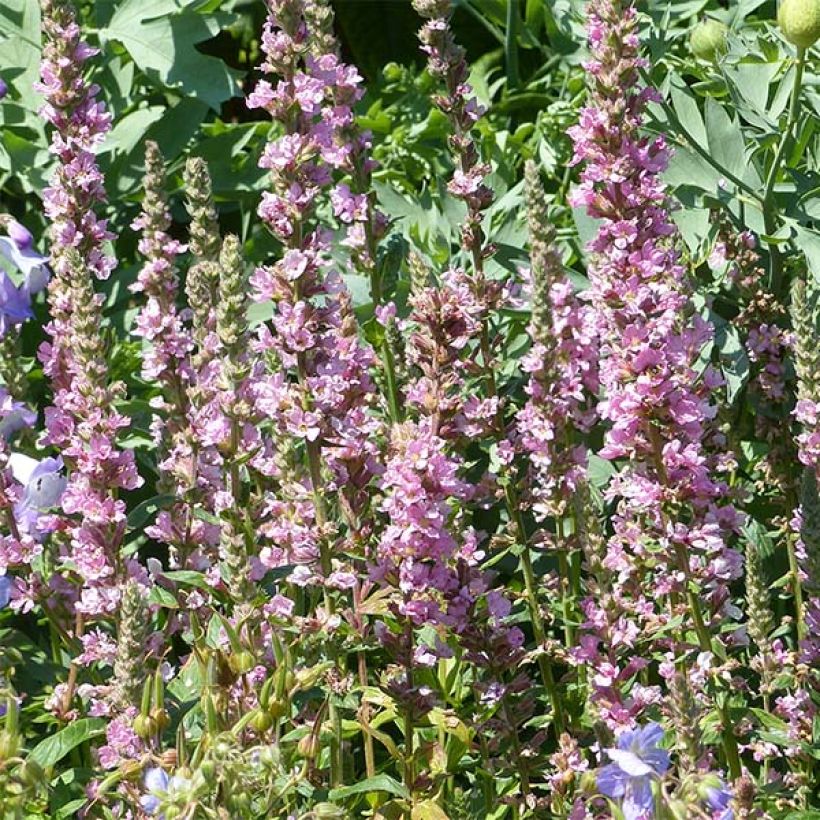

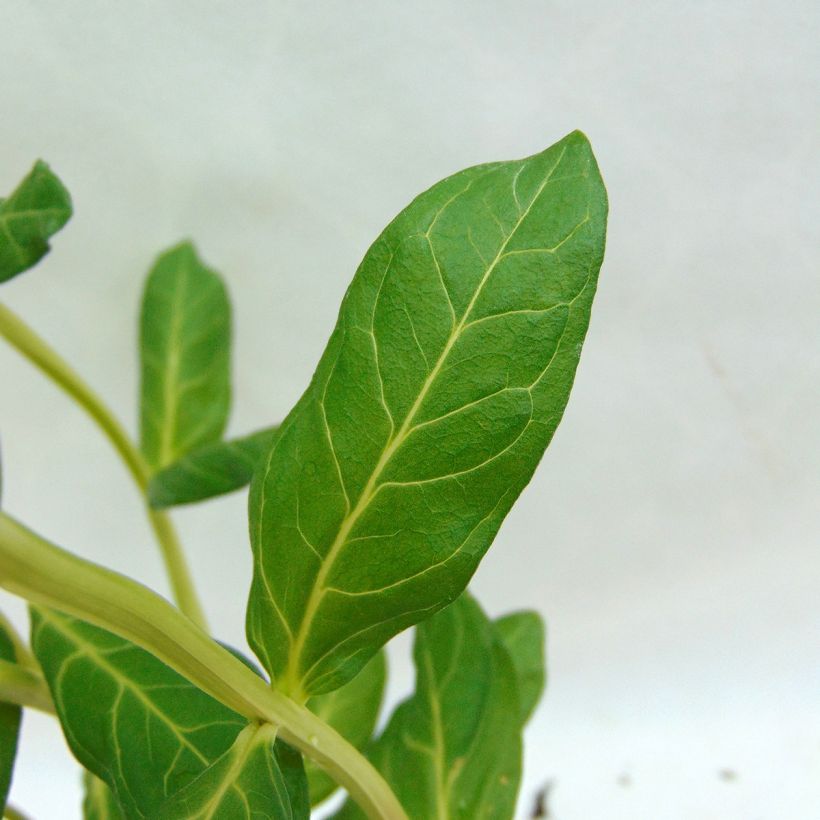

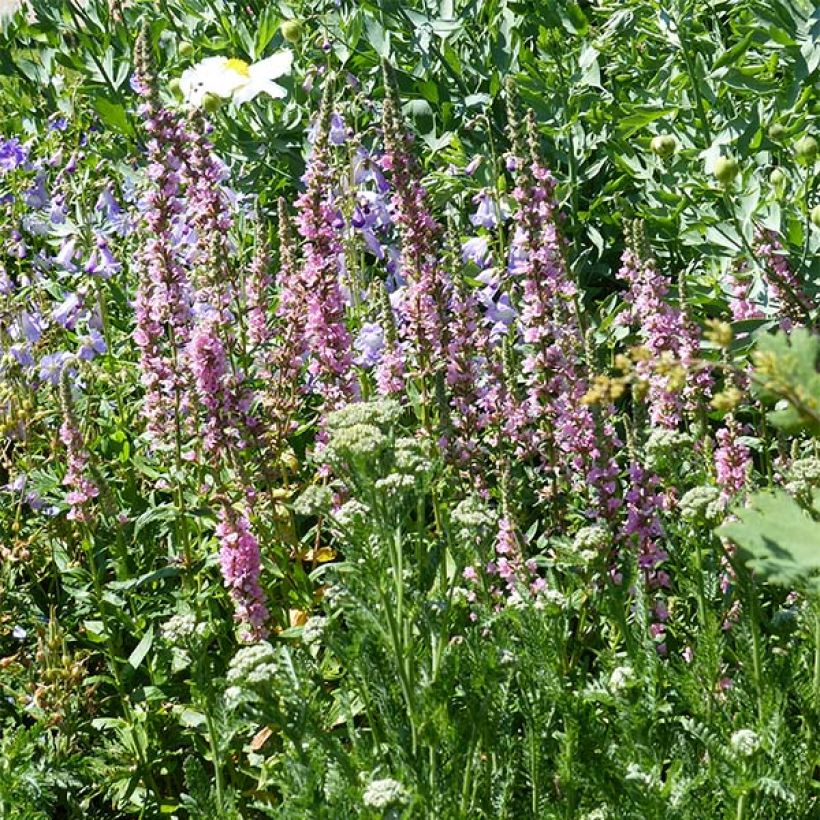

Flowering
Foliage
Plant habit
Botanical data
Lythrum
salicaria
Blush
Lythraceae
Purple Loosestrife, Black Blood, Long Purples
Cultivar or hybrid
Other Perennials A to Z
Planting and care
Easy to grow, Lythrum salicaria 'Blush' thrives in sunny locations, in any moist and fertile, neutral to alkaline soil, on the banks of a water source, or even partially submerged under 10cm (4in) of water. Trim the faded flowers in early autumn to control its spread.
Planting period
Intended location
Care
-
, onOrder confirmed
Reply from on Promesse de fleurs
Summer flowering perennials
Haven't found what you were looking for?
Hardiness is the lowest winter temperature a plant can endure without suffering serious damage or even dying. However, hardiness is affected by location (a sheltered area, such as a patio), protection (winter cover) and soil type (hardiness is improved by well-drained soil).

Photo Sharing Terms & Conditions
In order to encourage gardeners to interact and share their experiences, Promesse de fleurs offers various media enabling content to be uploaded onto its Site - in particular via the ‘Photo sharing’ module.
The User agrees to refrain from:
- Posting any content that is illegal, prejudicial, insulting, racist, inciteful to hatred, revisionist, contrary to public decency, that infringes on privacy or on the privacy rights of third parties, in particular the publicity rights of persons and goods, intellectual property rights, or the right to privacy.
- Submitting content on behalf of a third party;
- Impersonate the identity of a third party and/or publish any personal information about a third party;
In general, the User undertakes to refrain from any unethical behaviour.
All Content (in particular text, comments, files, images, photos, videos, creative works, etc.), which may be subject to property or intellectual property rights, image or other private rights, shall remain the property of the User, subject to the limited rights granted by the terms of the licence granted by Promesse de fleurs as stated below. Users are at liberty to publish or not to publish such Content on the Site, notably via the ‘Photo Sharing’ facility, and accept that this Content shall be made public and freely accessible, notably on the Internet.
Users further acknowledge, undertake to have ,and guarantee that they hold all necessary rights and permissions to publish such material on the Site, in particular with regard to the legislation in force pertaining to any privacy, property, intellectual property, image, or contractual rights, or rights of any other nature. By publishing such Content on the Site, Users acknowledge accepting full liability as publishers of the Content within the meaning of the law, and grant Promesse de fleurs, free of charge, an inclusive, worldwide licence for the said Content for the entire duration of its publication, including all reproduction, representation, up/downloading, displaying, performing, transmission, and storage rights.
Users also grant permission for their name to be linked to the Content and accept that this link may not always be made available.
By engaging in posting material, Users consent to their Content becoming automatically accessible on the Internet, in particular on other sites and/or blogs and/or web pages of the Promesse de fleurs site, including in particular social pages and the Promesse de fleurs catalogue.
Users may secure the removal of entrusted content free of charge by issuing a simple request via our contact form.
The flowering period indicated on our website applies to countries and regions located in USDA zone 8 (France, the United Kingdom, Ireland, the Netherlands, etc.)
It will vary according to where you live:
- In zones 9 to 10 (Italy, Spain, Greece, etc.), flowering will occur about 2 to 4 weeks earlier.
- In zones 6 to 7 (Germany, Poland, Slovenia, and lower mountainous regions), flowering will be delayed by 2 to 3 weeks.
- In zone 5 (Central Europe, Scandinavia), blooming will be delayed by 3 to 5 weeks.
In temperate climates, pruning of spring-flowering shrubs (forsythia, spireas, etc.) should be done just after flowering.
Pruning of summer-flowering shrubs (Indian Lilac, Perovskia, etc.) can be done in winter or spring.
In cold regions as well as with frost-sensitive plants, avoid pruning too early when severe frosts may still occur.
The planting period indicated on our website applies to countries and regions located in USDA zone 8 (France, United Kingdom, Ireland, Netherlands).
It will vary according to where you live:
- In Mediterranean zones (Marseille, Madrid, Milan, etc.), autumn and winter are the best planting periods.
- In continental zones (Strasbourg, Munich, Vienna, etc.), delay planting by 2 to 3 weeks in spring and bring it forward by 2 to 4 weeks in autumn.
- In mountainous regions (the Alps, Pyrenees, Carpathians, etc.), it is best to plant in late spring (May-June) or late summer (August-September).
The harvesting period indicated on our website applies to countries and regions in USDA zone 8 (France, England, Ireland, the Netherlands).
In colder areas (Scandinavia, Poland, Austria...) fruit and vegetable harvests are likely to be delayed by 3-4 weeks.
In warmer areas (Italy, Spain, Greece, etc.), harvesting will probably take place earlier, depending on weather conditions.
The sowing periods indicated on our website apply to countries and regions within USDA Zone 8 (France, UK, Ireland, Netherlands).
In colder areas (Scandinavia, Poland, Austria...), delay any outdoor sowing by 3-4 weeks, or sow under glass.
In warmer climes (Italy, Spain, Greece, etc.), bring outdoor sowing forward by a few weeks.

































